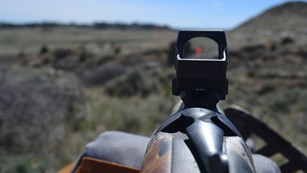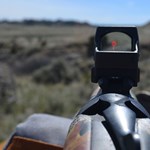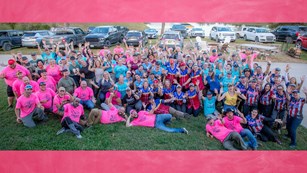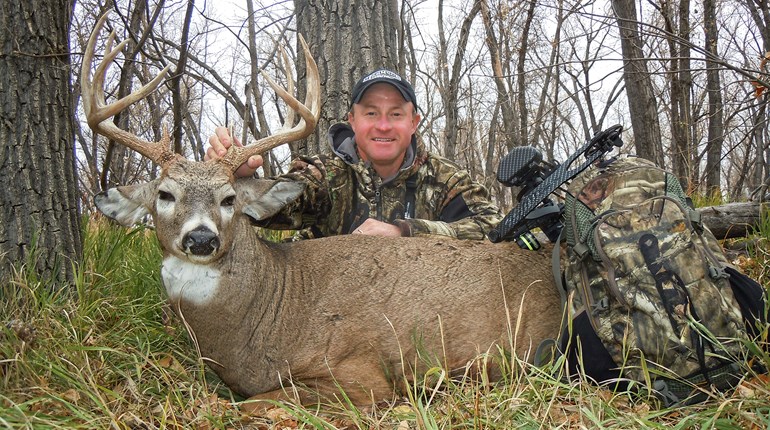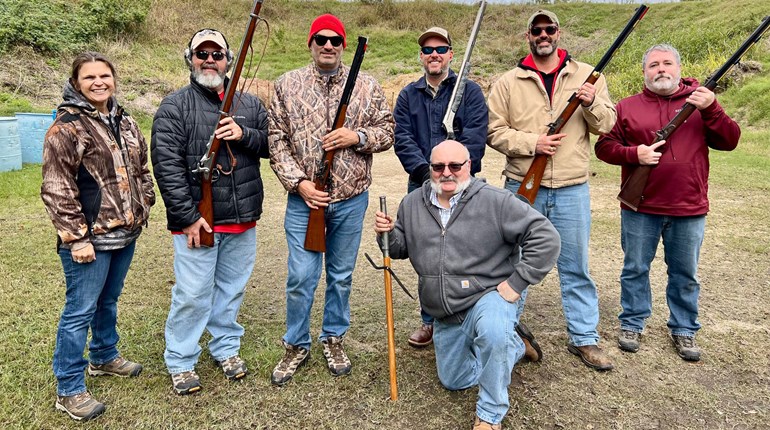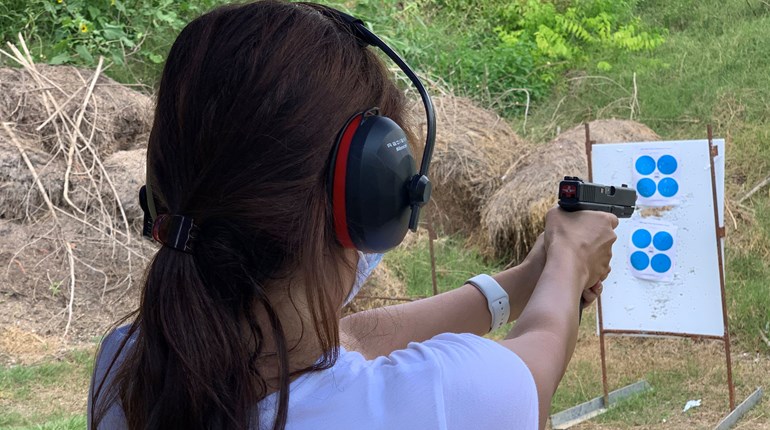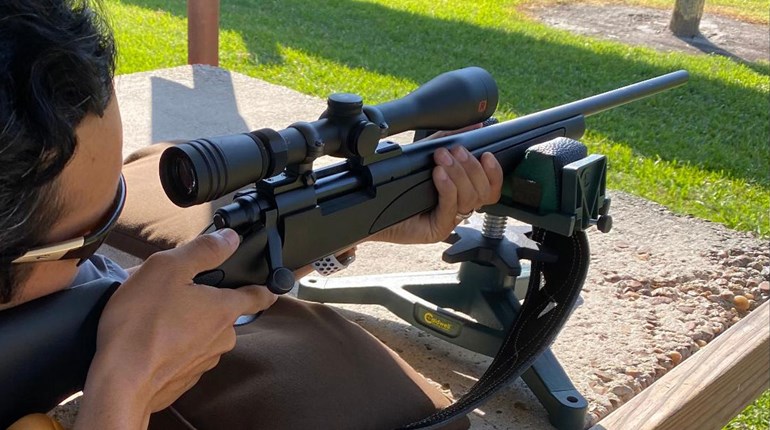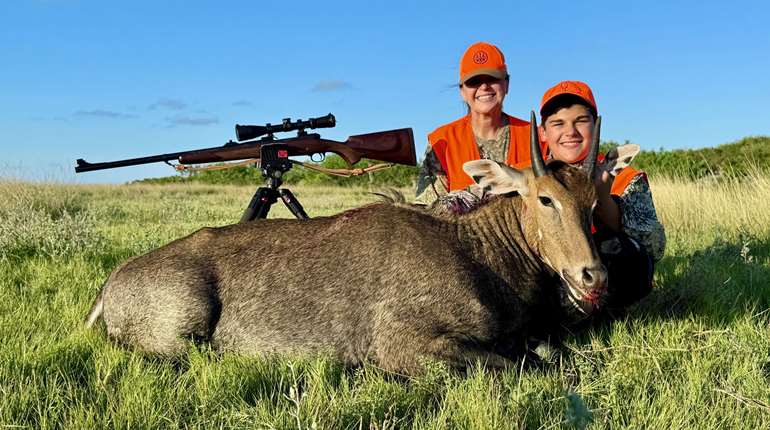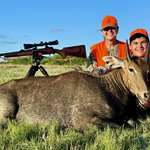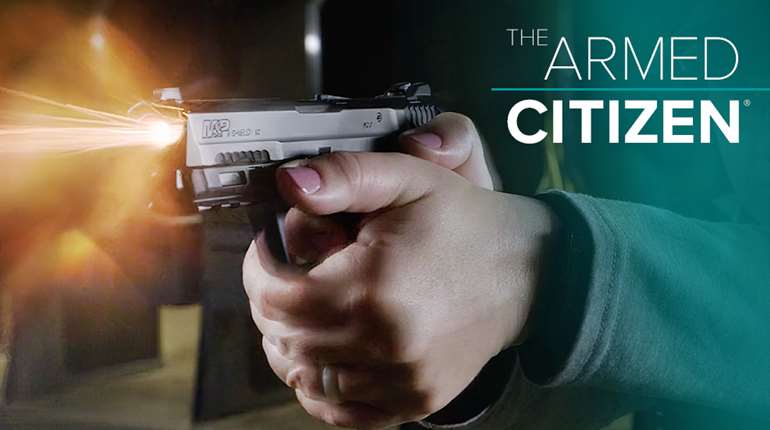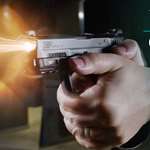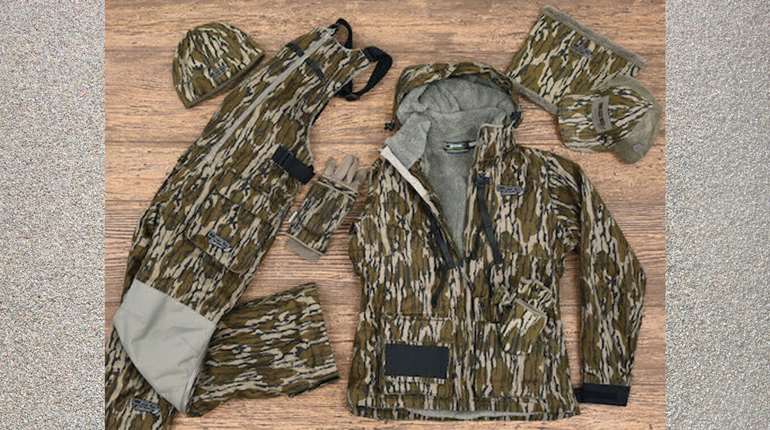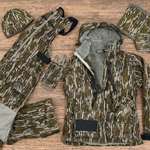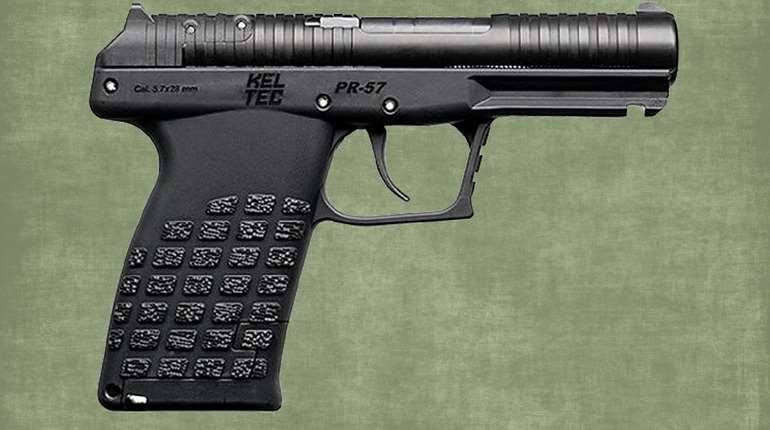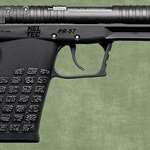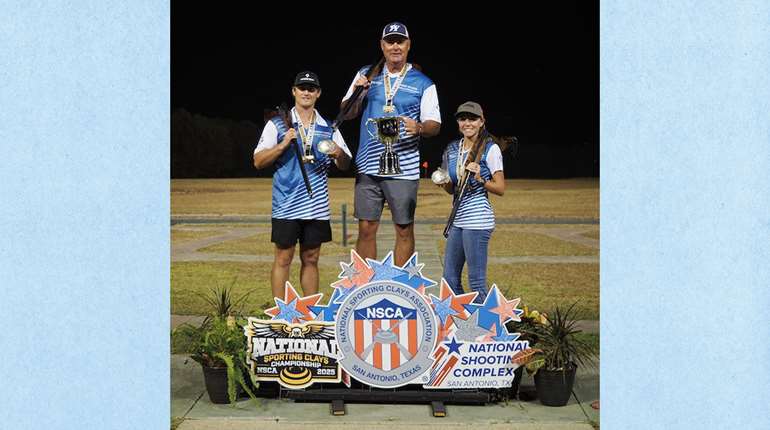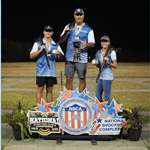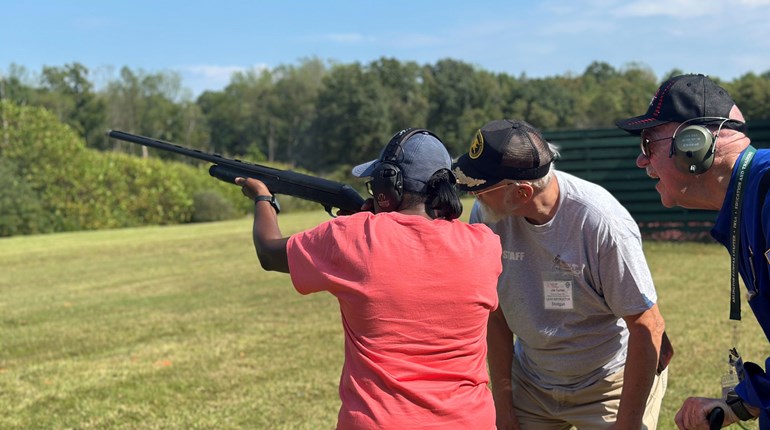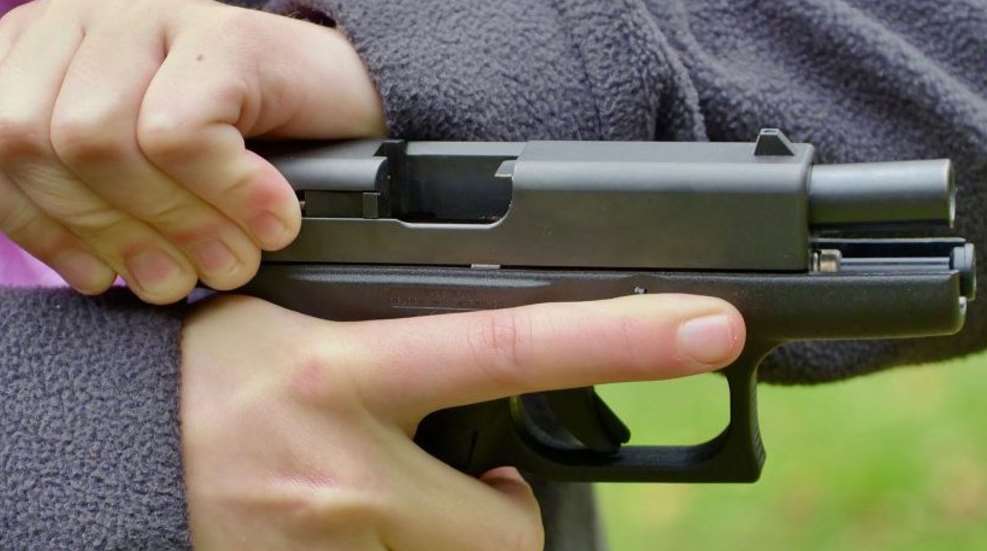
Pistols are semi-automatic, magazine-fed handguns. To load a pistol, you must first load the firearm’s detachable magazine. The type of magazine that is used in your pistol is either a single stack or double stack magazine. Single-stack magazines are thin because the cartridges are stacked one on top of another. Double-stack magazines are thicker and wider because the cartridges are offset when fed into the magazine. As a result, double-stack magazines typically hold more rounds of ammunition than single stack magazines.

Step 1: Loading the Magazine
To load a pistol magazine, the cartridges must be loaded through the top. If you look through the top of an empty magazine, you will see a metal or plastic follower which is supported by an internal spring. You must be careful that you load the cartridges in the right direction into the magazines. When I teach the NRA Basics of Pistol Shooting course, I tell my students the easiest way to identify the correct direction is to load the flat side of the cartridge to the flat side of the magazine and the round side of the cartridge to the rounded side of the magazine.

While grasping the cartridge between the index finger and the thumb of the strong hand, feed the head of the cartridge under the lips of the magazine. The lips are the metal or plastic pieces that extend past the follower in the magazine. Using your thumb, push the cartridge in place. Repeat this process until the magazine is full.

Step 2: Inserting the Magazine
The magazine is now ready to be inserted into the pistol. While firmly holding the pistol in your strong hand and resting the bottom of the magazine in your palm, grip the sides with your fingers and firmly insert the magazine into the magazine well. The key is to make sure that the magazine is fully inserted to prevent any feeding issues.
An improperly inserted magazine can lead to stoppages in the operation of the firearm. Stoppages include double feeds and stovepipes. If the magazine is too loose in the well, a live round may not get picked up by the bolt and fed into the chamber. The action would close on an empty chamber. An improperly seated magazine can also lead to an embarrassing situation at the gun range. Several times I have witnessed a shooter on the line shooting down range when all of a sudden, the magazine with the remaining rounds of ammo falls right out of the bottom of the gun!

Step 3: Charging the Pistol
The magazine has been loaded and properly and securely inserted into the magazine well. The next thing that must be done before the firearm can be discharged is charging the pistol. Firmly hold the pistol with your strong hand. Next, take your other hand and clamshell it over the rear sight area of the slide. There are usually finger or gripping grooves on the side of the rear of the slide for a secure hold. To clamshell, open the palm, facing down, bringing the palm of your hand down over the rear sight. The heel of the palm grips one side of the slide on the grooves and the fingers grips the other side of the slide on the opposite grooves. Pull the slide back to the rear until it stops and then immediately release the grasp you have on the slide, allowing the slide to slam shut.
Many individuals have trouble charging the slide of a pistol this way. Instead of pulling the slide to the rear, clamshell the slide and push the grip of the pistol forward with your strong hand. As soon as you push the pistol forward, immediately release the grasp you have on the slide, allowing the slide to slam shut. This is basically a scissor motion that makes it easier to charge the firearm. Instead of pulling the slide to the rear, you are pushing the pistol forward.
It is very important that the action or slide of the pistol is allowed to slam shut. Some try to ride the slide forward. If you ride the slide forward instead of allowing it to slam shut, the firearm may not go into battery. This means that the firearm may not discharge when the trigger is squeezed.
The pistol is now ready to fire. Obtain a proper hold, line up the sights, and press the trigger to discharge the firearm. Repeat this until the firearm is empty or until you decide to stop shooting. If you shoot until the firearm is empty, the action or slide should lock to the rear. This lets you know the firearm is empty and you need to reload.

Step 4: Removing the Empty Magazine
While holding the pistol with your strong hand and keeping the muzzle pointed in a safe direction, press the magazine release button on the side of the grip, behind and below the trigger guard. With your reaction hand, grasp the end of the magazine with your fingertips. While continually pressing the magazine release button pull down on the magazine with the fingertips and strip the empty magazine from the magazine well.
After the magazine is removed, the action or slide of the pistol should be locked to the rear. The magazine well should be empty, and the firearm should be visually inspected to ensure that the gun is unloaded.
Step 5: Reloading You can now repeat the loading process. While firmly gripping a loaded magazine, insert it securely in the magazine well. The next thing you should do is charge the pistol by moving the slide to the rear of the firearm and allowing it to slam shut. You pistol is now reloaded and ready to shoot or holstered.
Remember, never store a loaded firearm. If the pistol is not going to be shot immediately or not intended for home or self-defense, the pistol should be unloaded and locked away in a secure location.
